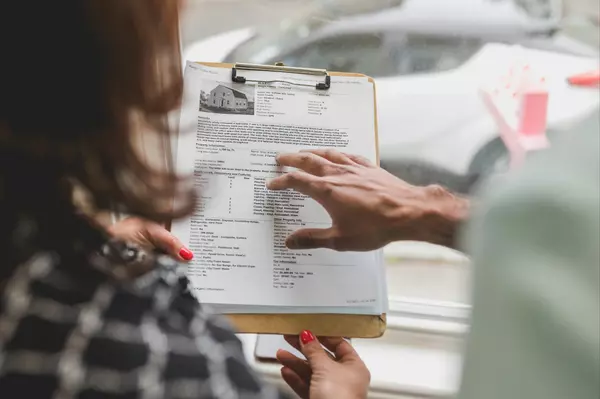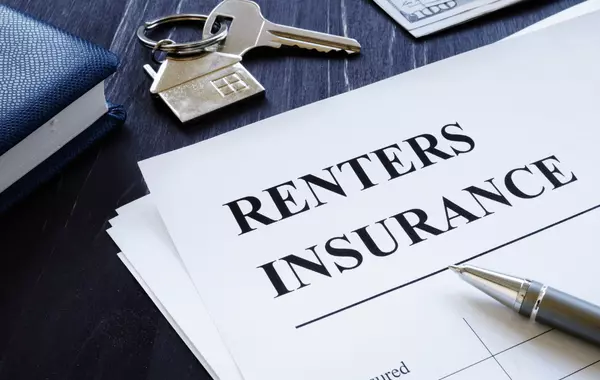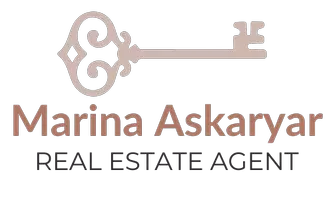Renting in the Capital: A Guide for DC Property Owners

If you are considering investing in rental properties in Washington, DC, it is essential to familiarize yourself with the requirements and regulations of operating a rental housing business in the city. As a landlord, understanding the legalities and responsibilities involved will not only protect your investment but also ensure a positive experience for your tenants. In this blog, we will provide an overview of the requirements to operate a rental housing business in Washington, DC, and offer guidance for potential buyers and sellers.
Investing in the real estate market in the nation's capital can be a lucrative endeavor. With a strong demand for rental properties and an ever-growing population, the rental market in Washington, DC, remains robust. However, before diving into this venture, it is crucial to comprehend the legal obligations and licensing requirements imposed by the city.
To operate a rental housing business in Washington, DC, landlords must possess a Basic Business License (BBL) issued by the DC Department of Licensing and Consumer Protection (DLCP). The BBL ensures that your rental property adheres to safety and maintenance standards set by the city. Additionally, landlords must obtain a Certificate of Occupancy (C of O) for each rental unit, confirming that the property meets the required standards set by the city's zoning regulations.
Furthermore, landlords must register their rental properties with the Rental Accommodations Division (RAD) of the Deparment of Housing and Community Development (DHCD). This registration process helps the city keep track of rental properties and ensures that they comply with laws regarding rent control, tenant rights, and housing regulations. It is essential to note that failure to register your rental property can result in penalties and legal consequences.
For potential buyers interested in investing in rental properties in Washington, DC, it is crucial to conduct thorough market research. Familiarize yourself with the neighborhoods, rental rates, and tenant preferences in the areas you are considering. As the city experiences high demand for rentals, it is essential to assess the potential for rental income and property appreciation.
When it comes to selling a rental property in Washington, DC, landlords should be aware of the Tenant Opportunity to Purchase Act (TOPA). This legislation provides tenants with the opportunity to purchase the property before it is sold to another buyer. Understanding the intricacies of TOPA is crucial to ensure a smooth selling process and avoid legal complications.
In conclusion, investing in rental properties in Washington, DC, can be a profitable venture if approached with the necessary knowledge and understanding of the city's regulations. Obtaining the required licenses and certifications, such as the Basic Business License and Certificate of Occupancy, is essential to operate a rental housing business legally. Conducting thorough market research and understanding the legal obligations when buying and selling rental properties will help landlords navigate the complex real estate landscape in the nation's capital.
Recent Posts










"My job is to help clients find properties that meet their wants and needs, and to ensure the transaction is executed seamlessly! "

